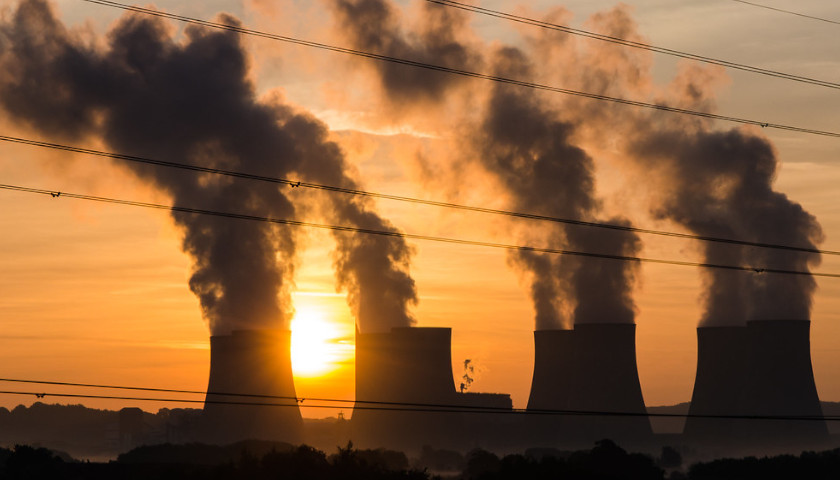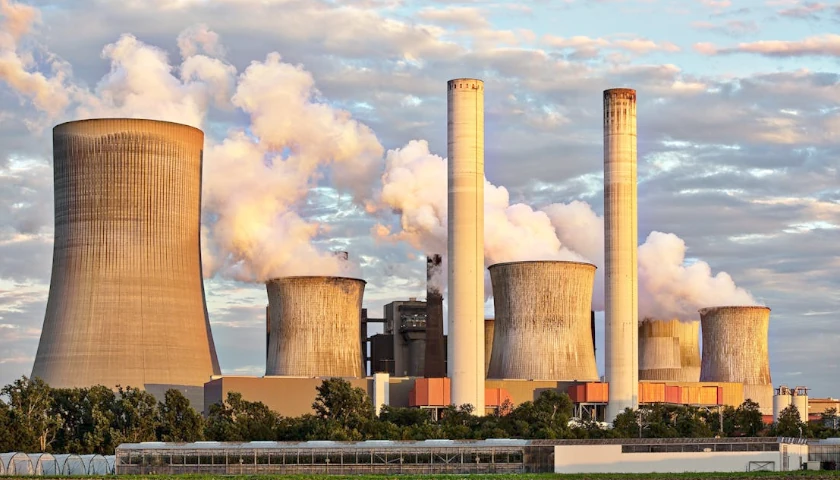by Micaela Burrow
Investment groups in China and Europe intended to promote climate-friendly and social justice-related causes are funneling money into fossil fuel projects and companies associated with slave labor, a Bloomberg investigation found Tuesday.
China’s allegedly climate-sustaining investments have ballooned in the past couple of years since the Chinese government claimed they align with Beijing’s political agenda to revitalize rural labor, raise the nation’s prosperity and achieve carbon-neutral status, Bloomberg reported. However, ESG investors have stretched the definition of “Environmental, Social and Governance” investing to encompass investments in coal companies and firms tied to human rights violations in the Xinjiang province.
“People say ESG like we’ve agreed upon what it is — we’ve not,” Bradford Cornell, emeritus professor of financial economics at UCLA, told Bloomberg. “In China, the rules on environmental and social issues are made by the Chinese Communist Party.”
 ESG fund manager Hou Chunyan in a June pitch to top Chinese investors called the portfolio compatible with China’s push for “common prosperity,” Bloomberg reported. To that end, it permits investments in coal companies and liquor stocks, chemical manufacturers and solar and tech firms blacklisted for slave labor, according to China’s main ESG benchmark, the CSI 300 ESG Leaders Index.
ESG fund manager Hou Chunyan in a June pitch to top Chinese investors called the portfolio compatible with China’s push for “common prosperity,” Bloomberg reported. To that end, it permits investments in coal companies and liquor stocks, chemical manufacturers and solar and tech firms blacklisted for slave labor, according to China’s main ESG benchmark, the CSI 300 ESG Leaders Index.
Chinese President Xi Jinping remains nominally committed to anti-poverty campaigns and a goal of getting the country to net-zero carbon emissions by 2060, Bloomberg reported. In the past 20 months, nearly 112 new ESG, “sustainable” and “green” bonds have bloomed, nearly triple the total of bonds issued in the previous four years.
WELL DONE! #Hisense Group has made it to the 2022 Fortune #China ESG Influence List, highlighting the company’s remarkable efforts in improving the environment, protecting its employees, and supporting the community! #SeeTheIncredible pic.twitter.com/yutVceEbfi
— libijian李碧建 (@libijian2) August 26, 2022
China houses over 170 ESG funds, roughly 15% of which have holdings in coal companies, and 60% have invested in steel companies that rely heavily on coal for power, according to Bloomberg data. China Shenhua Energy Co. is one of the top-rated ESG holdings due to its contribution to energy security and renewables, but 78% of its revenue comes from coal mining.
Roughly 10% of China’s ESG portfolio holds Hangzhou Hikvision Digital Technology Co., a tech company under U.S. sanctions for perpetrating China’s crackdown on minority Muslim groups in the Xinjiang province, Bloomberg reported. China has subjected the Uyghur Muslims to reeducation camps, forced labor and a host of physical abuses the U.S. claims amount to genocide.
“The government is bound to generate its own interpretation of ESG, because they want to make sure it will not conflict with the country’s national economic strategies,” ESG analyst Boya Wang told Bloomberg.
Global firms are also rushing to pour “new energy” and “social responsibility” funds into Chinese companies, Bloomberg reported. Some Europe-based ESG funds hold $130 billion in Chinese assets, roughly double the portfolio of China’s domestic funds, even as other funds shun China for its anti-democratic practices.
In addition, it’s not just Chinese investment portfolios supporting fossil fuels under the guise of sustainability. Several Europe-based funds have upped investment in fossil fuel companies Shell, Repsol, ConocoPhillips and Exxon Mobil.
The Chinese embassy and state council did not immediately respond to the Daily Caller News Foundation’s request for comment.
– – –
Micaela Burrow is a reporter at Daily Caller News Foundation.
Photo “Fossil Fuels” by Gerry Machen. CC BY-ND 2.0.






We have slave labor too–in our prisons thanks to an old loophole in the 13th amendment. Let’s clean up our own house before we attack other countries’ slavery, since, after all, democracy begins at home, doesn’t it?